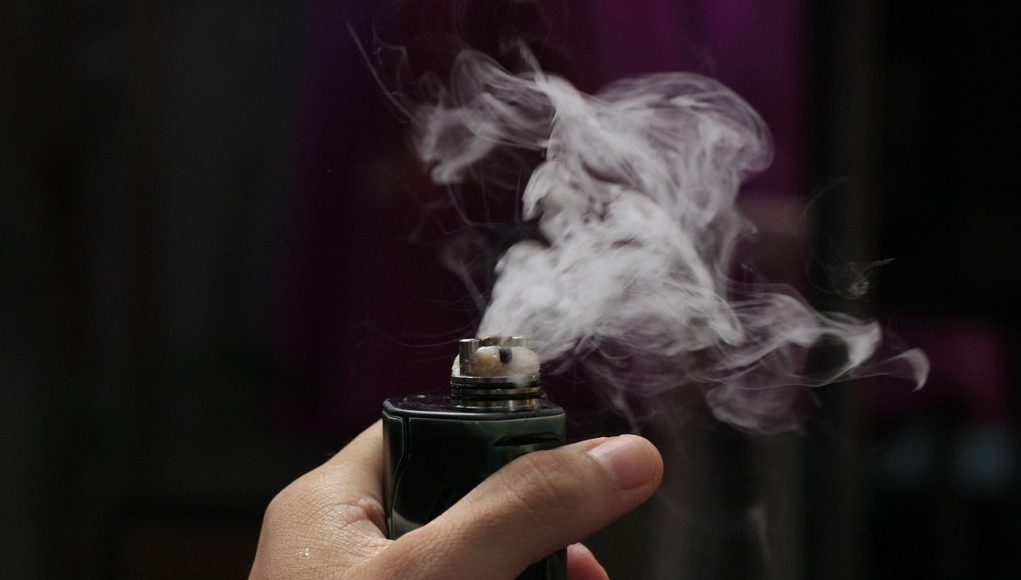As the Tobacco Products Directive (TPD) came into effect last year, many public health experts in the UK, grew concerned the newly imposed limitations were carrying more risks than benefits. Since the limitations set in place included the amount of nicotine levels allowed, many feared that ex-smokers would not be able to match the same strength of nicotine that they had been accustomed to.
Experts argued that this may lead to some just giving in and resorting back to smoking. Another feared option was that desperate vapers would purchase stronger products online or on the black market, where they are unregulated and possibly unsafe.
Additionally some pointed out that such restrictions would only result in vapers using their devices more often and puffing more deeply, which would lead to them increasing their exposure to harmful toxins found in the vapour such as formaldehyde. Infact, studies have found that such chemicals are virtually harmless if consumed in the small quantities associated with regular puffs, but harmful if consumed in larger quantities.
Vapers compensate for low nicotine levels with more puffs
Researchers from London South Bank University, studied the behaviour of 20 e-cigarette users and found that unfortunately this is the case. Vapers using low nicotine e-liquid in their devices not only puffed more deeply and more frequently, but also increased the power of their vaping devices when possible.
“Use of a lower nicotine concentration e‐liquid may be associated with compensatory behaviour (e.g., higher number and duration of puffs) and increases in negative affect, urge to vape, and formaldehyde exposure,” concluded the study.
The researchers found that despite this ‘compensatory’ behaviour, the participants who used low nicotine were still unable to obtain a satisfying level of nicotine, and despite the fact that research indicates that both high and low nicotine e-cigarettes are safer than regular cigarettes, lead study author Dr. Lynne Dawkins, thinks that ex-smokers should refrain from starting off with low levels of nicotine.
Ex-smokers should decrease the nicotine levels they consume slowly
“Some vapers might believe that starting out on a low nicotine strength is a good thing, but they should be aware that reducing their nicotine concentration is likely to result in the use of more e-liquid. This obviously comes with a financial cost but also possibly with a health cost. The results of our study suggest that smokers who want to switch to vaping may be better to start with higher, rather than lower, nicotine levels to reduce compensatory behaviour and the amount of e-liquid used,” said Dawkins.
“Although e-cigarettes are much less harmful than smoking, the vapour can still contain some potentially harmful chemicals that present a higher risk to health than nicotine, which is relatively safe. Our research shows that more intense vaping behaviour associated with using low nicotine e-liquid has the potential to increase users’ exposure to some of these chemicals. To draw any firm conclusions more research on a larger scale is needed,” he added.
Read Further: Medical Press












